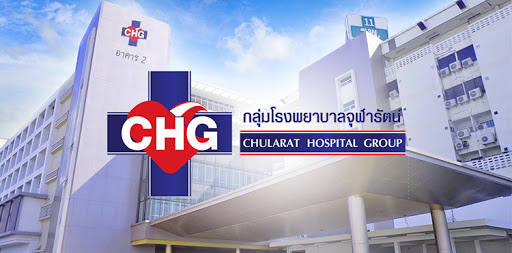Hospitals, the cornerstone of our healthcare system, have always been at the forefront of providing essential medical services. However, as the healthcare landscape evolves and technology advances, hospitals must adapt to meet the changing needs of patients and healthcare providers. One significant aspect of this evolution is the concept of Hospital CHG (Comprehensive Healthcare Governance), a transformative approach that aims to enhance the overall efficiency, quality, and patient experience within healthcare institutions.
Understanding Hospital CHG:
Hospital CHG represents a holistic approach to healthcare governance that encompasses various elements, including organizational structure, management practices, and technological integration. The core objective is to create a seamless and patient-centric healthcare ecosystem that optimizes resources, improves clinical outcomes, and fosters innovation.
-
Organizational Restructuring:
Hospital CHG often involves a reevaluation of the traditional hierarchical structure of hospitals. The emphasis is on creating more agile and collaborative environments where decision-making is decentralized, allowing for quicker responses to challenges. This restructuring may also involve the establishment of cross-functional teams that focus on specific aspects of patient care, ensuring a comprehensive approach.
-
Data-Driven Decision Making:
In the era of digital health, data plays a pivotal role in shaping healthcare strategies. Hospital CHG integrates advanced analytics and data-driven decision-making processes to enhance the quality of care. Electronic Health Records (EHRs) and other health information technologies are employed to streamline patient information, allowing healthcare providers to make informed decisions based on a comprehensive view of a patient’s medical history.
-
Patient-Centric Approach:
Patient satisfaction is a key metric for healthcare quality, and Hospital CHG places a strong emphasis on delivering patient-centered care. This involves tailoring medical services to individual patient needs, improving communication between healthcare providers and patients, and fostering a culture of empathy and compassion within the hospital setting.
-
Innovation and Technology Integration:
Hospital CHG recognizes the role of innovation and technology in driving healthcare forward. From telemedicine and remote monitoring to robotic-assisted surgeries, hospitals are increasingly adopting cutting-edge technologies to enhance diagnostic accuracy, treatment effectiveness, and overall patient care. This integration of technology not only improves clinical outcomes but also contributes to operational efficiency.
-
Quality Improvement Initiatives:
Continuous quality improvement is a fundamental aspect of Hospital CHG. Hospitals engage in regular assessments of clinical processes, outcomes, and patient satisfaction to identify areas for improvement. This may involve implementing evidence-based practices, updating protocols, and investing in staff training to ensure that the quality of care is consistently elevated.
-
Community Engagement and Public Health:
Hospital CHG extends beyond the hospital walls, emphasizing the importance of community engagement and public health initiatives. Hospitals actively collaborate with local communities to address health disparities, promote preventive care, and contribute to overall population health. By participating in community health programs, hospitals become key players in advancing public well-being.
Conclusion:
In the rapidly evolving landscape of healthcare, the concept of Hospital CHG is instrumental in ensuring that hospitals not only adapt to change but also lead the transformation for better patient outcomes. By embracing organizational restructuring, data-driven decision-making, patient-centric approaches, technology integration, quality improvement initiatives, and community engagement, hospitals can position themselves as dynamic and responsive institutions at the forefront of healthcare innovation. The journey towards comprehensive healthcare governance is not just about meeting today’s challenges but also about building a resilient foundation for the healthcare needs of tomorrow. As hospitals continue to evolve under the guiding principles of Hospital CHG, the result is a healthcare system that is more efficient, patient-focused, and better equipped to address the complex demands of the modern world.

